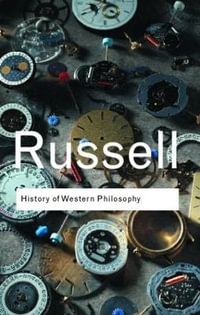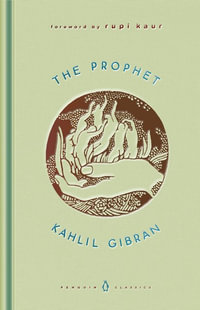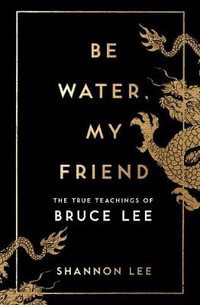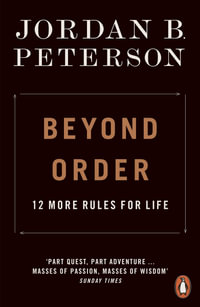Now that mankind has created the capability of destroying itself through nuclear technology, is it still possible to think in terms of a "just war"? Johnson argues that it is, and in the context of specific case studies he offers moral guidelines for addressing such major contemporary problems as terrorist activity in a foreign country, an individual's conscientious objection to military service, and an American defense policy that requires development of weapons that may be morally employed in case of need.
"Remarkable. . . . A thoughtful and even profound book, which can be warmly recommended."-Adam Roberts, New Society
"[A] wise, prudential, and moral thesis. . . . A most important book, one that all Americans who can should read."-George Armstrong Kelly, Political Science Quarterly
"At its heart, Can Modern War be Just? Is a challenge to the common assumption that any modern war must be total-an unrestrained, spasmodic release of one's entire destructive capacity against the whole of the enemy's population."-Richard Allen, Journal of Religious Ethics
"Johnson . . . seriously attempt[s] to balance principles and respect facts. For this he is to be praised."-Gary Jason, Chronicles of Culture
"Johnson's application of just war doctrine to the hardest problems of contemporary warfare is both morally sensitive and intellectually bold. Readers will sometimes disagree with his arguments, but they will be forced to think hard, and they will learn what it is to work within a moral tradition."-Michael Walzer
Industry Reviews
The short answer from Rutgers professor Johnson (Just War Tradition and the Restraint of War) is Yes. To get there, he turns to what he calls the just war "tradition" (rather than doctrine), an evolution of thinking about whether or not the resort to war can be justified and, if so, according to what practices. The tradition begins with Augustine's efforts to justify Christian defense of the Roman Empire against invading pagans; it continues through religious and, Johnson emphasizes, secular reasoning on war and international law, and includes precepts drawn from the practice of war. By treating this tradition, rather than the particular theories of particular theorists, Johnson is able to distill a consensus on the requirements of just war. Some of its main elements: force must be undertaken in a just cause, by right authority, and as a last resort; the use of force must follow the precepts of proportionality (destruction of values must be counterbalanced by preservation of the same or other values) and protection of noncombarants. Perhaps because they represent a consensus, these principles are neither surprising nor, at it turns out, of much critical power. When Johnson turns to an evaluation of just war in relation to nuclear weapons, for example, his principles tell him that targeting cities is unjustified while "counterforce" targeting is OK. (He rejects the idea that any nuclear exchange would lead to all-out strategic nuclear war, a key point since that would make the use of nuclear weapons unjustifiable at the outset.) Similarly, the neutron warhead, with its more concentrated use of radiation; is more discriminatory than those it would replace, and its longterm effects are fewer. On that basis, Johnson argues that, when used to kill soldiers rather than noncombatants (in a context where the discrimination is feasible), the neutron warhead meets the requirements of just use. In general, the move toward more discriminatory nuclear weapons, which some see as increasing the likelihood of nuclear war, viewed by Johnson as a step in the right direction. Terrorism, on the other hand is intentionally nondiscriminatory and therefore unjustified, though the response to terrorism must follow the principles of just war to be justified. Given the justifications for devastation, the question thus becomes whether or not the just war tradition is of any critical use. (Kirkus Reviews)
























